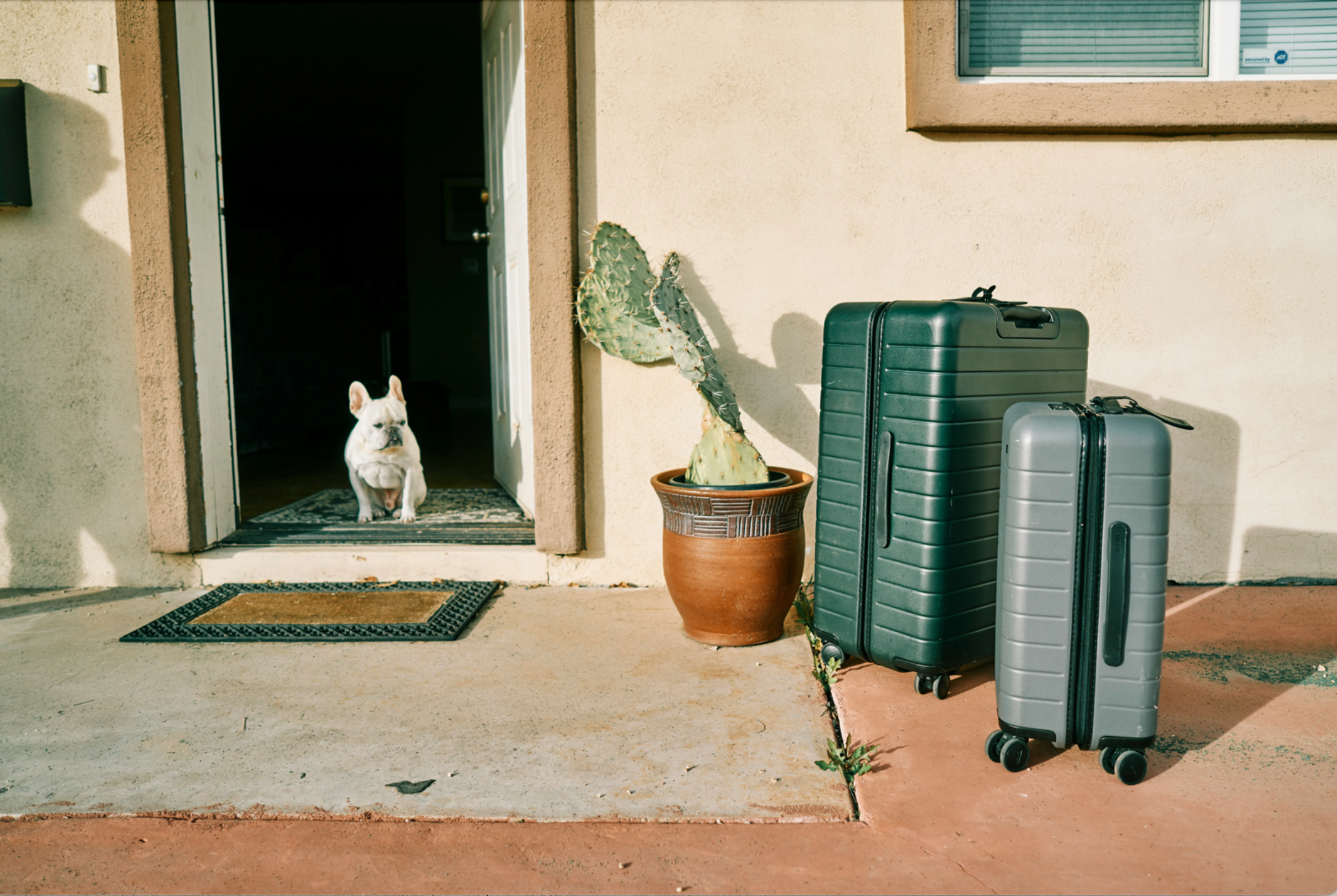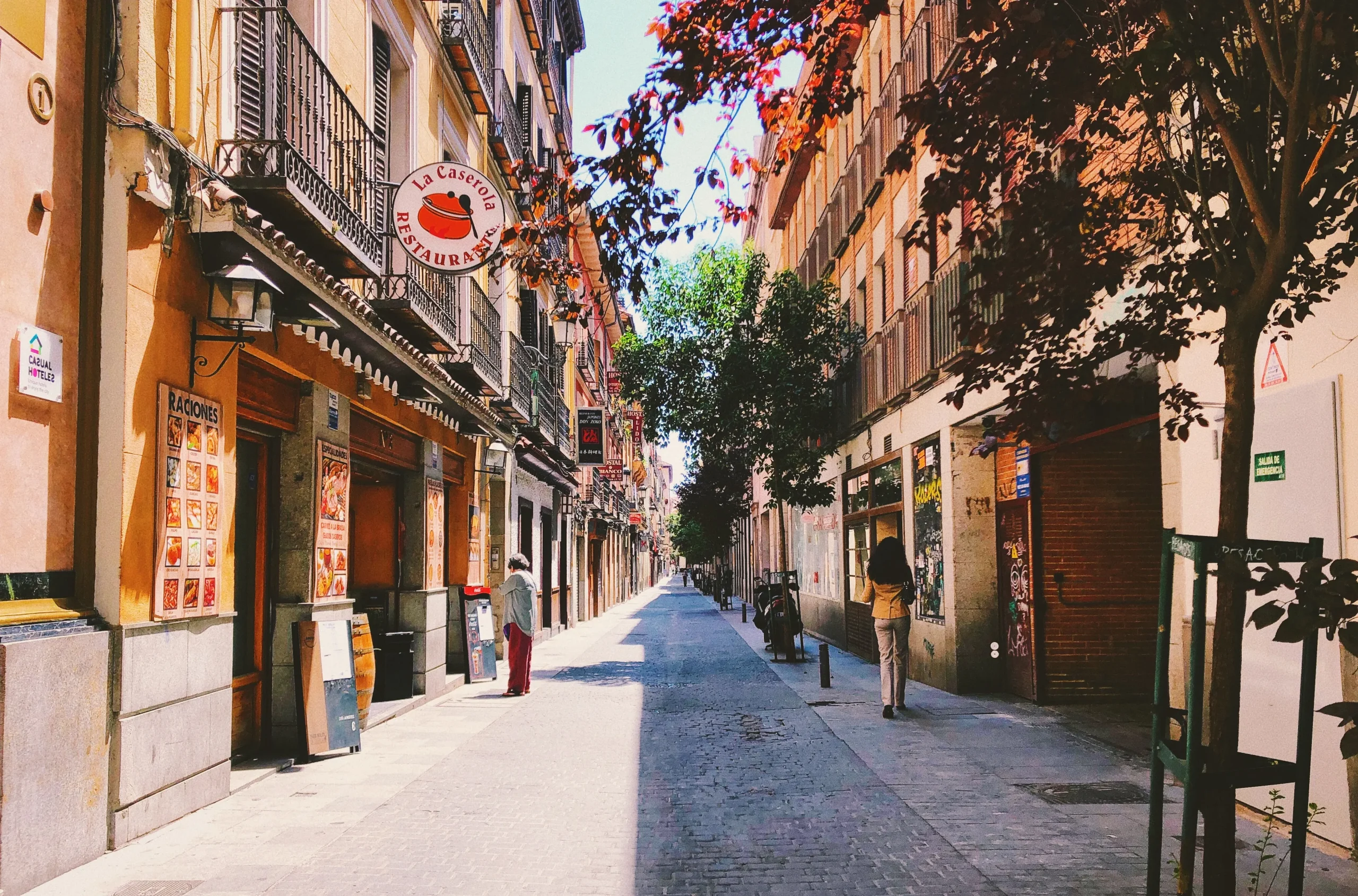How to grant a power of attorney in Spain? 🇪🇸
1️⃣ What is a power of attorney?
A power of attorney is a public document by which a natural or legal person appoints a third party (agent) to perform legally relevant acts on his behalf. It allows the agent to act as a representative of the principal. Powers of attorney are unilateral documents, i.e. the principal grants them without the authorization of the agent.
Any person of legal age and with legal capacity can grant a power of attorney.
There are two types: Special power of attorney and general power of attorney.
- General. Through a general power of attorney, you can grant broad powers to act in one or more areas. Examples of this type are powers for lawsuits, the administration of assets, and general power to dispose of the agent’s assets.
- Special. You can grant it for a specific legal act. For example, acquiring real estate, incorporating a company, obtaining an NIE number, etc.
The type of document to sign will depend on the legal action you are going to perform, it is always better to get advice before signing any document.
2️⃣ How many people can be empowered?
You can grant a power of attorney in favor of as many people as you deem appropriate. However, from Luxton, our recommendation is that you grant power of attorney to the persons strictly necessary for the service sought.
When the agent is going to use the document, he will need to present the original. It is not enough to present a photocopy or a simple copy, it must be authentic.
3️⃣ How much does it cost?
You have to grant the power of attorney before a notary public. It will depend on the country and the fees charged for such a document. In Spain, it usually costs approximately 60 €, depending on the Notary Office you go to.
4️⃣ How long is the power of attorney valid?
The document may have a fixed validity. However, in many cases, you can grant the document without a validity date. That is so you can use it on several occasions. In these cases, the agent can go at any time to the notary and revoke the document.
🤷♂️ How to sign a power of attorney abroad for Spain?
The process of signing a power of attorney is very similar in all countries. As it is a public document, you must sign the document before a notary in the country you are in. Notaries usually work under an appointment system so it is important to make sure you make an appointment and inform them in advance about the document you intend to sign.
In addition, if you will use the power of attorney in Spain, the document must observe the formalities and complies with Spanish law. Therefore, we recommend you use a lawyer in Spain for drafting the document prior to signing it.
👉 Apostille or legalization process
A public document issued abroad is not authentically valid in Spain even if it is issued by the corresponding authorities. For a public document signed abroad to be valid in Spain, it must be apostilled or legalized.
The legalization or apostille are two different procedures but both certify the authenticity of the document, not its content.
The procedure to follow will depend on the country where you sign the power of attorney. If you sign it in a country that has signed the Hague Convention, the procedure to follow will be the apostille. If, on the other hand, you sign it in a country that has not signed the Hague Convention, you will have to legalize the document.
Find below a brief explanation of the procedure.
– Legalization
Once you have signed your power of attorney, you must legalize it. This procedure will be carried out in the country where you have signed the document. Generally, you will have to go to the Ministry of Foreign Affairs or equivalent, which stamps the document guaranteeing the authenticity of the signature of the public official. Then, the document will be taken to the Spanish Embassy or Consulate. They will verify it and stamp it so that you can use it in Spain.
– Hague Apostille
The apostille procedure is simpler than legalization as you will not have to go through the Spanish Embassy or Consulate. In the member countries of the Hague Apostille treaty, there will be a competent body to apostille the documents.
You must take into account that any document that has been issued in a language other than Spanish must be translated by a sworn translator.
To avoid the expense of using a sworn translator, we recommend that before signing the power of attorney you make sure that the notary’s office can include, along with the native language version, a Spanish version. In these cases, you will not need a sworn translation of the document.
👌 What are the advantages of granting a power of attorney from abroad?
The biggest advantage of granting a power of attorney from abroad is that simply another person can carry out the necessary procedure on your behalf.
As a practical example, let’s take the purchase of a house in Spain. More and more foreigners are interested in investing in Spain through the purchase of a property either to live or rent. As this is a time-consuming process, you can grant a power of attorney to start the process and start the administrative procedures. This way, you avoid having to be in Spain during the whole procedure and only come for the most important things. You could even delegate the whole process to your lawyer without major problems.
Can we help you? ✍️
If you need to grant a power of attorney to carry out a procedure in Spain, reach out!. We will help you with the whole process! Our specialist lawyers will draft the document according to Spanish law to avoid surprises along the way. We will also indicate and make the arrangements for you to sign it and apostille or legalize it in the country where you sign it.




Pingback: Buying a house in Spain for foreigners 🏠🇪🇸 - Luxton Legal